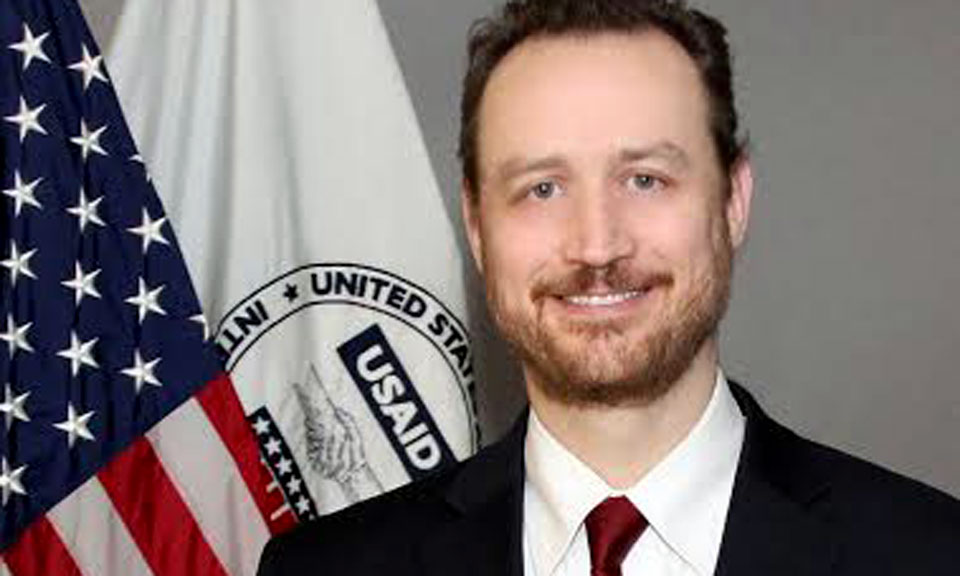Get to Know a Chief Data Officer: Brandon Pustejovsky, USAID
Nextgov sat down with five agency chief data officers across government. Read edited excerpts with Brandon Pustejovsky, chief data officer for the U.S. Agency for International Development.
The emergence of chief data officers in government has accelerated in recent months. No fewer than six newly minted CDOs have been appointed to agency spots since July.
Nextgov sat down with five agency CDOs across government to discuss their to-do lists, how they’re approaching their roles and just how important the “chief” title really is. Below, read edited excerpts.
Read more from the special report: "The Rise of the Chief Data Officer"

Brandon Pustejovsky, CDO of the U.S. Agency for International Development
Pustejovsky's foreign policy chops -- he has a master’s degree in international relations from Yale -- and six years of service at USAID have helped him in his role as CDO, a position he has held since July 2014.
He first learned the value of good data working as a disaster-response operations manager in post-conflict environments for a USAID contractor.
"What I found was that the need to create order . . . in chaotic environments inevitably led to the need to manage data well and to put the right data into the hands of the right people at the right time,” he says.
USAID’s chief data office is situated in the agency’s Bureau for Management in the Office of Management Policy, Budget and Performance. So far, a total of three employees work on Pustejovsky’s "data integration" and "open data" teams. However, they are also supported by USAID employees working in more than 80 agency outposts around the world who have been appointed data stewards.
"With data embedded in every one of our operating units around the world -- including in more than 80 missions around the world, the very first directive I was given was to create a sensible framework for moving as much data as possible into the hands of the public as possible," Pustejovsky says.
Pustejovsky unveiled the agency’s open data policy in October. Organizations doing development work on the ground --including through grants and contracts -- have been directed to also collect data generated by their work and submit it to back to agency headquarters. Teams go through the data, scrub it to remove sensitive material and then publish it.
The data spans the gamut from information on land ownership in South Sudan to livestock demographics in Senegal and HIV prevention activities in Zambia.
"While some data sets might seem arcane to one person to the next person, it's the desperately sought-after answer to a researcher's key question," he says. "And so we go under the assumption that there's a market for any of the data that we might put there -- that there is a customer somewhere and that this data's too valuable to be locked in the vaults of any agency. And furthermore, the taxpayer has paid for the data, and we owe it to them to make it available."
"I think more important than the title is always the agency commitment,” Pustejovksy says. “A title, very often, can be meaningless without agency backing. And I think in this case, regardless of title, it's the mandate that's important."
Meet the Chief Data Officers
Read Q&As with all five CDOs profiled by Nextgov.
Read more from the Q&A with Niall Brennan
Read more from the Q&A with Dan Morgan
Read more from the Q&A with Lynn Overmann
Read more from the Q&A with Scott Shoup





